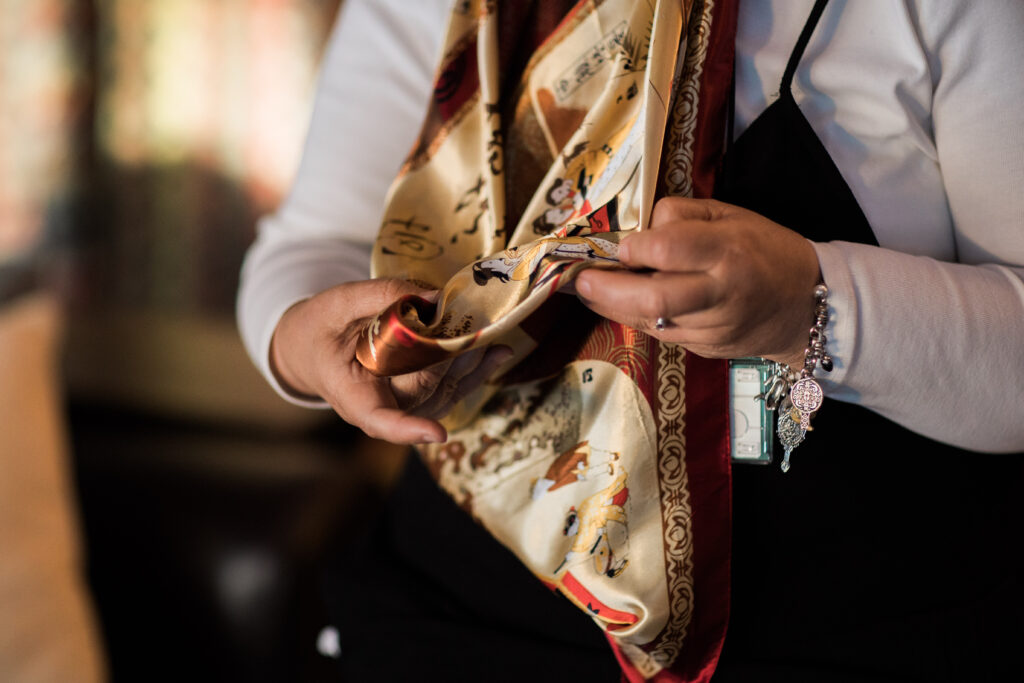Perspective-taking is the process by which an individual views a situation from another’s point-of-view. In other words, perspective-taking is the process of temporarily suspending one’s own point-of-view in an attempt to view a situation as someone else might be viewing it.
I call it—”Walk to the other side of the table/car/room/small group and sit down.”
If I understand or simply seek to understand your point of view I will benefit, I will grow, I will learn. There is a great possibility that I will change in an attitude, a misunderstanding, a false thought. There is an even greater possibility that I could change in a falsehood I have developed.
A falsehood is believing something that isn’t true about something, a person, a happening or a circumstance. Fiction. Fabrication. Untruth. A lie.
We go through everyday life accepting things as truth that is really a falsehood. We can believe something about someone and be completely WRONG! I’ve done it. Haven’t you?
Oh, the JOY of being corrected in a falsehood about a person by taking a perspective on someone’s life.
That’s what I love about movies, plays, and TV series. Humanity plays out before our eyes in different roles and circumstances. We can vicariously learn by our own perspective-taking of the roles of the hero/heroine, villain/villainess, the supporting roles, the story’s plot and forward movement of the problem, and its resolution.
Perspective-taking is key for the writer or the storyteller. You cannot begin to write about something that you have not experienced unless you take some time to hear the storytelling in someone else’s life about that very experience. This will require my ability to listen and truly hear their story. Let it soak in, as in don’t interrupt their storytelling. Don’t place your story on top of their story (another Blog)—”That just reminded me of when…”. Just give the gift that is always in fashion—LISTEN.
You can practice perspective-taking every day. Just determine to talk less and listen more to your everyday conversations. OF course, don’t check-out during the conversation, but you remain focused and attentive, listening to the story underneath the story they are sharing.
For instance, I can choose to hear my son or daughter share about their day guessing at what they’ll say next, waiting to throw counsel on the situation OR I can choose to listen with my focus being on hearing what kind of day it really was for them. Even after that, if I have gained perspective on their day, I can seek to understand more by asking by way of a question: “Was it like this…? or, Did it feel or seem like this for you…?” That way they can correct my perspective-taking OR add on to what I perceive to understand what they’ve shared.
Sound big? Maybe. Experiment with maturing this life-skill of perspective-taking. Walk to the other side of the table/car/room/small group and sit down and listen. See if it doesn’t change some things for you in the way you HEAR and UNDERSTAND life and people. See if it doesn’t add on to you as a writer and storyteller.
*Vicariously (adverb): taking the place of another person or thing; acting or serving as a substitute. 3. felt or enjoyed through imagined participation

